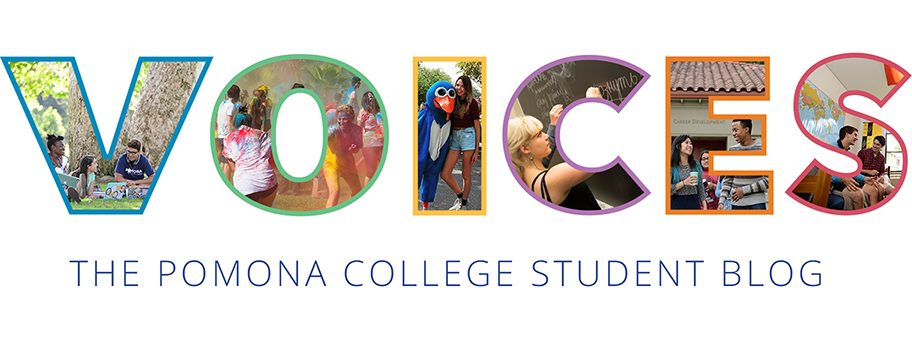More and more I’m thinking about food, not just as something that ends up on my plate but as a part of an intricate – and precarious – system. We know about agribusiness; we know about the factory farms. We know that, among other things, these farms are fundamentally unsustainable. If there was no mental divorce between what we eat and how its made, we would be too queasy to eat. But it’s easy not to think about our food in any other context than our plates. We’re so far removed from what happens to food outside our homes that it requires committed vigilance to be “food-conscious,” to know what is really happening, and even then, food-consciousness is often limited to choosing the lesser of two evils. I don’t think I really know precisely what food-consciousness entails, but surely it can’t stem from the mass-production of assembly line animals. Here’s the danger of seeing the world – you start thinking things like we’ve lost our compassion as a culture. Maybe not, but in certain areas our compassion has been misplaced. Food shouldn’t be so difficult (though the history of farming has proven otherwise). As fundamental as eating is, it is never simple. Food choices are saturated in implications – ethical, environmental, cultural – and if you get past the production, the act of eating itself is incredibly nuanced. You are what you eat but also you are how you eat. I realize this again and again when I do things like put my bread on my plate rather than beside the plate.
I was a vegetarian for six years until I came to France this summer, and I started eating meat again because I didn’t want to be difficult for my WWOOFing hosts. Almost every meal, someone explains where everything comes from – the chicken is from a farm down the road, the bread is made at home, the vegetables are from a neighbor’s garden. I’m impressed not only by the fact that so much is locally produced, but that my host knows where the food comes from in the first place, and sometimes even knows the farmers personally. This level of knowledge is nearly impossible in the US. Of course, WWOOFing is an organization for organic farms, so the group is self-selecting, but it still seems that things are different in France. Simply – there are more family farms and there are more people buying food from family farms.
Our final farm uses draft horses in favor of machines to produce their grain. It takes us a day to cut and harvest a field of hay that will feed the horses until next season. It’s hot and our shirts stick to our skin but when it’s done I’m happy, and despite my exhaustion my body feels good. It’s difficult to articulate how satisfying it is to work closely to the land and to the animals. And by close I mean if you forget to shut the door, you find a goat in the house. This kind of living rewires your brain. I notice the more time I spend outside or with the animals, the less my thoughts race. Maybe it’s part indulgence, part nostalgia for me to enjoy this reversion to a less mechanized way of food production – a little self-consciously salt of the earth. I say it goes deeper. Connecting to something so basic and so necessary as eating feels like advancement rather than a regression. The metaphor for cultivating one’s mind is tired. What about cultivating compassion, sentience? In an odd way, it makes sense that the choices we make concerning animals afford us the chance to be more human. You remember that animals are animals with their own quirks and personalities, and, yes, even their own sense of dignity. Even the cow outside the house named Margaret, who is perpetually droop-lipped and, of course, cow-eyed.
